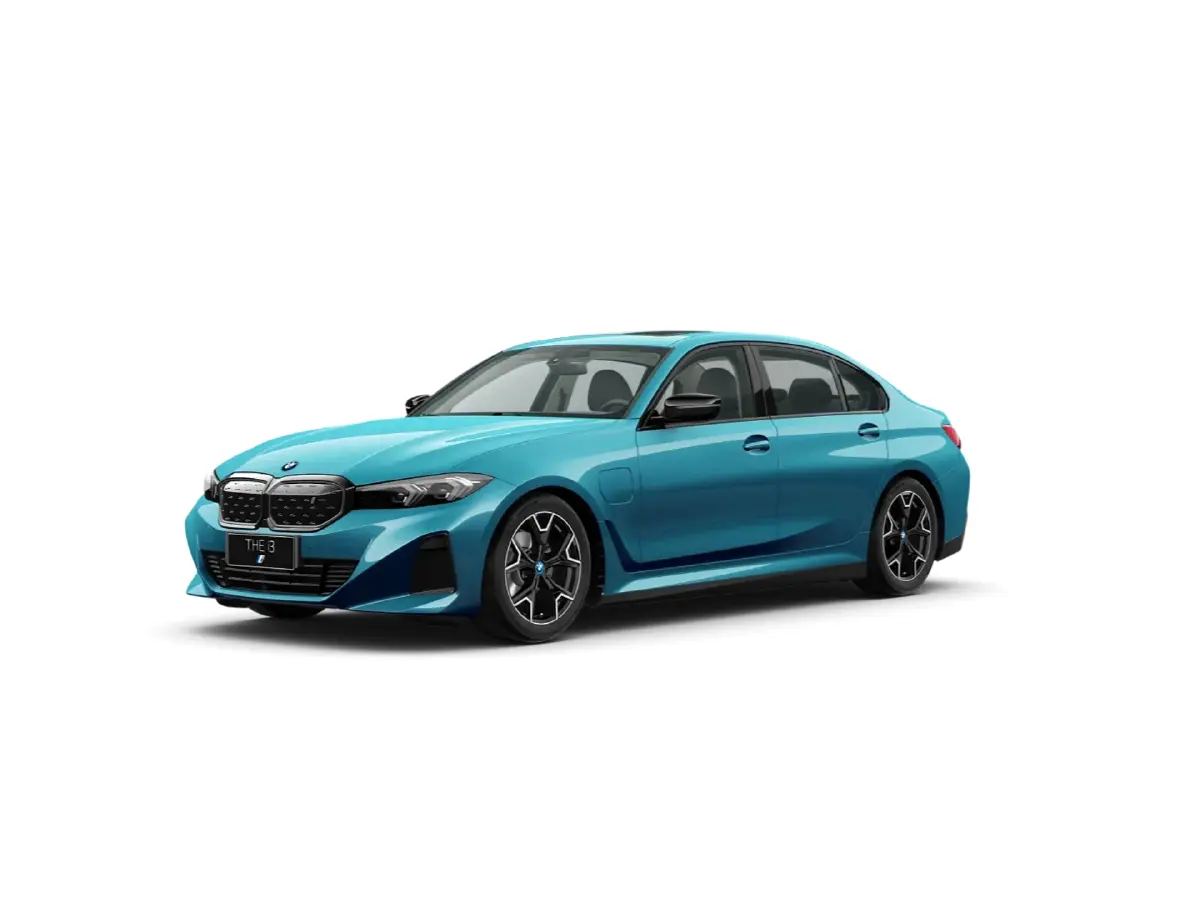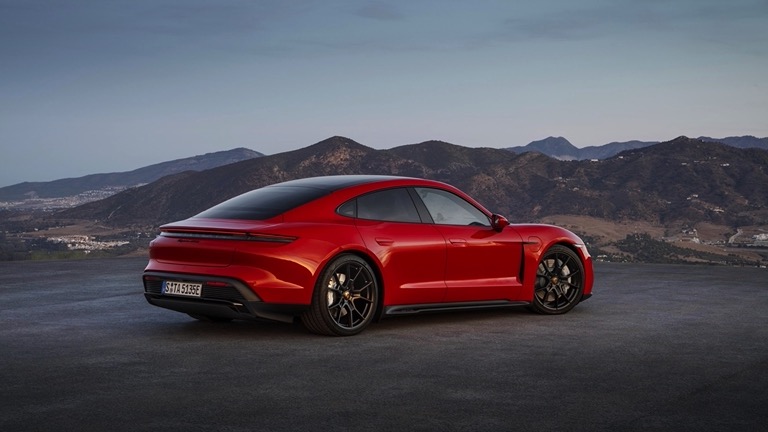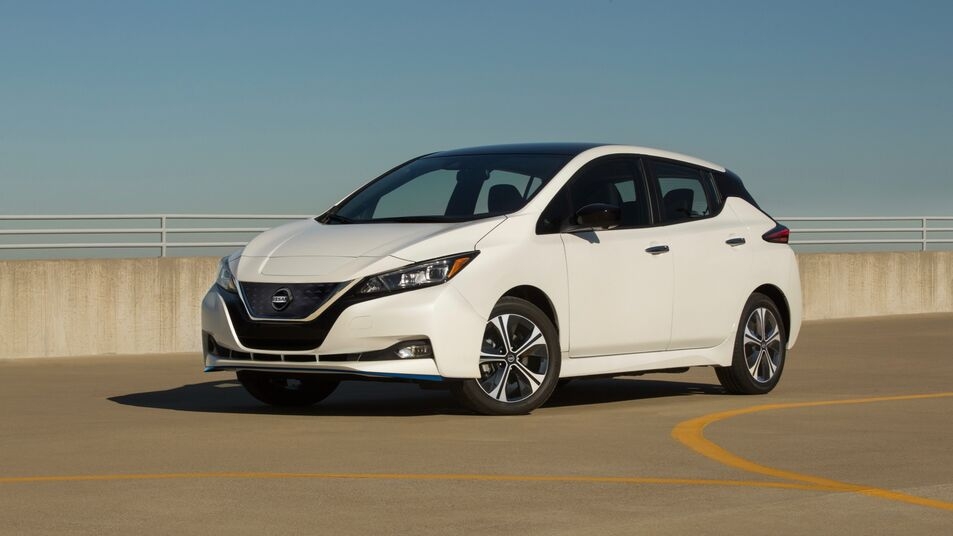Let’s be honest — electric cars were supposed to hold their value. That was the idea. Lower maintenance. Modern tech. Tax credits that sweetened the deal. They were the future, right?
But then reality hit.
Some EVs depreciated faster than a used MacBook. Others were quietly holding strong — sometimes better than their gas-powered rivals. And in 2025, with used EVs flooding the market and more buyers shopping secondhand, knowing which models actually keep their value has never been more important.
This isn’t a list of what’s new or flashy. This is about resale strength. Which EVs can take 50,000 miles and still fetch real money on the back end? Which ones cost more up front — but return more when it’s time to sell?
We’ve dug through auction data, real-world listings, and private resale numbers to find out what’s holding up — and what’s quietly falling apart under the hype.
This is the guide to buying an electric car that still means something five years down the line. Because depreciation eats value. And if you’re buying smart, you’re not just shopping a car. You’re shopping a future trade-in — or a long-term bet that won’t break your wallet later.
Why EV Resale Value Matters More in 2025 Than Ever Before
We’re in a new EV era. First-time buyers are looking for used deals. Lease returns are piling up. Tax credits are shifting again. And the initial wave of 2020–2022 EVs are showing their wear.
That’s why resale value matters.
Let’s say you buy a $45,000 EV today. In three years, what’s it worth? If it’s still worth $30K, you’ve won. But if it’s dropped to $18K? That’s not depreciation — that’s a gut punch.
EVs don’t have engines to worry about. But they do have batteries that age, charging systems that become obsolete, and brand perceptions that shift fast. That makes resale more unpredictable — unless you track the data.
In 2025, the winners are clear. Some EVs hold strong. Others quietly collapse after year two. And knowing the difference saves you thousands.
What Impacts EV Resale Value the Most?
Here’s what actually affects resale value for used electric cars:
Battery Health
If the range is fading, so is the value. Buyers want to know how far they can go — not how pretty the screen looks. EVs with solid degradation performance (under 10% after 100K miles) hold their value better across the board.
Brand Trust
Some brands inspire confidence. Tesla, Hyundai, even Ford (with its truck crowd). Others — especially startups or early fumbles — get hammered in the used market.
Charging Network Access
Tesla’s Supercharger access is still a huge resale boost. EVs with weak charging speeds or limited networks suffer more in rural markets.
Range
300+ mile range models do better over time. Short-range EVs (under 200 miles) struggle — even if they’re reliable.
Tax Credit Shifts
If a new EV gets a $7,500 credit, that tanks used prices for similar year-old models. Resale value depends heavily on how federal and state credits evolve.
Software + Updates
EVs that keep getting software support stay fresh longer. Outdated UI, laggy screens, and unsupported OTA updates knock resale down hard.
Styling and Interior Quality
Nobody wants to pay premium resale for a car that looks and feels dated. That’s where a lot of early EVs lost ground — not on power, but on polish.
How We Ranked These EVs
We looked at:
- Real resale percentages based on original MSRP vs. current used prices
- Trade-in value trends over 3–5 years
- Auction data from Manheim, Carvana, and online EV marketplaces
- Owner-reported battery health and range retention
- Market desirability — how easy are these to actually sell
- Brand stability and future support outlook
We excluded discontinued models with no parts support or brands with bankruptcy risk. This list is for EVs that still feel alive in the market.
Best Resale EVs in 2025 — The Winners
Let’s break down the EVs that are holding up best in 2025 — not based on guesses, but resale performance you can see in listings right now.
Tesla Model 3 Long Range (2018–2022)
Original MSRP: $49,990
Average 2025 resale value: $32,000–$38,000
Retention: ~70–75%
The Model 3 is the benchmark for EV resale. It’s not just the Tesla badge — it’s range, simplicity, and Supercharger access. Even five-year-old Model 3s with 100,000 miles are still selling for over $30K in some regions.
Battery health holds. Software stays fresh. And even when the cabin feels dated, it’s still efficient and trusted.
Want the best return on an EV investment? Buy a used Model 3 and don’t overthink it.
Tesla Model Y Long Range (2020–2023)
Original MSRP: $54,990
Average 2025 resale value: $40,000–$46,000
Retention: ~72–78%
This one’s holding even stronger than the Model 3. Buyers love crossovers. Families love the space. And used buyers love that it still gets close to 300 miles — even with 60K miles on the clock.
The Model Y is also aging well visually. It’s not flashy, but it doesn’t scream “last gen” either. High resale. Easy sale.
Hyundai Ioniq 5 and Ioniq 6 (2022–2024)
Original MSRP: $43,000–$52,000
Average resale: $34,000–$44,000
Retention: ~70–75%
Hyundai’s EVs hit the sweet spot — fast charging, decent range, modern looks. Buyers want them, and used buyers are discovering they don’t lose value like some of their rivals.
Battery degradation is low. Styling is unique enough to still look current. And Hyundai’s warranty gives peace of mind even at year four.
Rivian R1T / R1S (2022–2024)
Original MSRP: $73,000–$93,000
Average resale: $62,000–$78,000
Retention: ~80–85%
Rivians aren’t cheap — but they’re holding. Especially quad-motor versions with good options and colors. Off-road crowd loves them. EV loyalists trust them. And resale is way better than people expected from a startup.
If you’re buying used, get a later build with service records and Max Pack if possible. The resale curve here is stable — and it’s one of the few EVs with demand on both coasts and mountain states.
Lucid Air Touring and Grand Touring (2022–2023)
Original MSRP: $91,000–$139,000
Average resale: $65,000–$85,000
Retention: ~60–68%
Not bad for a brand with no history and ultra-premium pricing. Lucid’s depreciation is steep up front — but it’s flattening. People are catching on that the Air delivers — in range, comfort, and road presence.
Still, this is a higher-risk play. Service locations are limited. But if you buy a used Touring for $68K that was $110K new? That’s a deal — and it’ll probably hold close to that for a couple more years.
Chevrolet Bolt EUV (2022–2023)
Original MSRP: $28,000–$33,000
Average resale: $20,000–$26,000
Retention: ~70–75%
This is the budget king. It’s not glamorous. But the Bolt EUV is dirt cheap to own, low to insure, and surprisingly solid on battery retention.
It was discontinued in 2023, but parts are still widely available and GM warranty coverage is solid. Used buyers snap these up fast when priced right.
Porsche Taycan (2020–2022)
Original MSRP: $103,000–$185,000
Average resale: $68,000–$110,000
Retention: ~65–72%
For a six-figure luxury EV, the Taycan is doing better than most. Porsche’s brand strength helps. The styling aged beautifully. And performance buyers still chase them — especially the GTS and 4S models.
The downside? Fast depreciation in year one. But if you’re buying in 2025, you’re past the drop. It’s leveling off — and still turns heads.
EVs With Weak Resale in 2025 — The Letdowns
Not every EV holds. Here are the ones with painful resale curves:
- Jaguar I-PACE — Terrible charging speed, poor software support, and resale crashes under 50%
- Volkswagen ID.4 (2021–2022) — First-gen bugs, slow OTA updates, and steep depreciation in coastal cities
- Nissan Leaf — Still popular, but battery degradation without thermal management destroys resale
- BMW i3 — Outdated design and discontinued platform = resale black hole
- Early Polestar 2 — Cool at launch, but resale value dropped with newer dual-motor competitors
What We Think
Resale value isn’t just about the badge. It’s about what the car still offers three, four, or five years down the line.
A Tesla Model 3 with solid range, working Autopilot, and Supercharger access is still worth real money — even at 100,000 miles. A Lucid that started at $120K might look scary, but buy one for $75K in 2025 and it might still be worth $65K three years later. That’s better than most luxury gas sedans.
And Rivian? That’s the new Land Rover. Except it charges faster and doesn’t leak.
Our advice: skip the trendy EV that just launched. Buy the one that’s already proven it can hold up. That’s how you protect your money, and your miles.
Want more real-world breakdowns and resale guides? Stick with BidForAutos.com — where EV ownership meets common sense.








